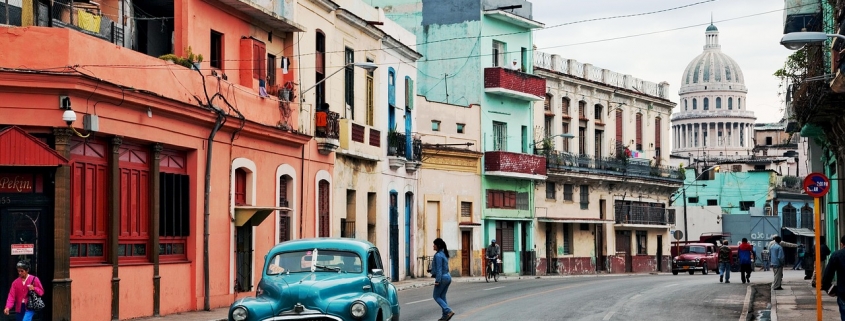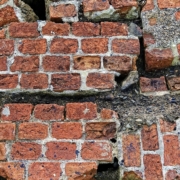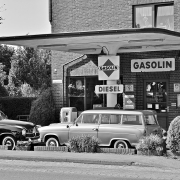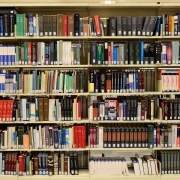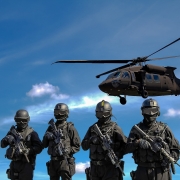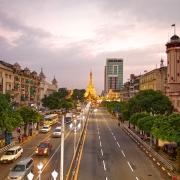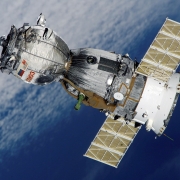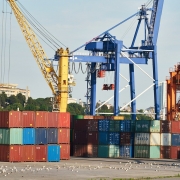What was the end result of the Cuban Missile Crisis?
Topic of Study [For H2 and H1 History Students]:
Paper 1: Understanding the Cold War (1945-1991)
Section A: Source-based Case Study
Theme I Chapter 2: A World Divided by the Cold War – Manifestations of the global Cold War: Cuban Missile Crisis (1962)
The Détente: Relaxation of strained relations
Following the disastrous Cuban Missile Crisis, both superpowers have realised how their actions have brought the world to the brink of a nuclear holocaust. The notion that a ‘Mutually Assured Destruction’ would be possible had alarmed them so much that both parties were more willing to take a step back on their military build-up.
On 5 August 1963, the Limited Test Ban Treaty was signed by the USA and Soviet Union at Moscow to prohibit any nuclear weapons test.
Article I
1. Each of the Parties to this Treaty undertakes to prohibit, to prevent, and not to carry out any nuclear weapon test explosion, or any other nuclear explosion, at any place under its jurisdiction or control:
(a) in the atmosphere; beyond its limits, including outer space; or under water, including territorial waters or high seas; or
An excerpt from the Limited Test Ban Treaty, 5 August 1963.
Although the superpowers had agreed on arms control as seen by subsequent attempts such as the Strategic Arms Limitation Treaty (SALT) and the Anti-Ballistic Missile (ABM) Treaty, critics questioned the genuine intentions of their leaders.
A perpetual arms race?
By the mid-1970s, the Soviet Union deployed newly-developed ballistic missiles in Eastern Europe, such as the SS-20 land-based missiles that could hit targets within Western Europe. In response, the North Atlantic Treaty Organisation (NATO) declared its intention to deploy Pershing-II missiles in Western Europe.
The development of Cruise missiles stemmed from the same technology, though initially conceived as a strategic rather than as a theatre nuclear weapon. After the signature of the SALT I accords the US Government proceeded with the development of Cruise as a bargaining chip for future negotiations with the Russians. Initially unenthusiastic about the weapon, the Pentagon before long became so attached to it that estrangement became unthinkable. The Russians were concerned about the missile for the very reasons that the Pentagon was so enamoured with it.
An excerpt from “The Soviet Union and the Politics of Nuclear Weapons in Europe, 1969-87: The Problem of the SS-20” by Jonathan Haslam.
Piercing the veil: Third World proxies
The consequences of the Cuban Missile Crisis can be observed by the outbreak and intensification of proxy wars in the Third World. Two years since the October Crisis, the USA was engulfed in the Vietnam War that dragged out till 1975. In the mid-1970s, proxy wars also took place in Africa, such as the Angolan Civil War (1975-1991).
On one hand, the Soviet Union and Cuba aided the People’s movement for the Liberation of Angola (MPLA). On the other, the United States supported the anti-Communist National Union for the Total Independence of Angola (UNITA).
The report is explicit, declaring that from 1982 to 1986, the Soviet Union delivered military equipment valued at US34.9 billion, ‘which represented more than 90 percent of Angola’s arms imports and one-fourth of all Soviet arms deliveries to Africa.’
… The report goes on: ‘Beyond material deliveries, Moscow and its allies continued to provide extensive technical aid. Soviet military, security, as well as intelligence personnel and advisors who helped establish the defense and security forces and served as advisors at all levels, from ministries in Luanda to major field commands.’
An excerpt from “Battle For Angola: The End of the Cold War in Africa c 1975-89” by AL J. Venter.
What can we learn from this article?
Consider the following question:
– How far do you agree that the USA had won the Cuban Missile Crisis?
Join our JC History Tuition to analyse the consequences of the Cold War event. The H2 and H1 History Tuition feature online discussion and writing practices to enhance your knowledge application skills. Get useful study notes and clarify your doubts on the subject with the tutor. You can also follow our Telegram Channel to get useful updates.
We have other JC tuition classes, such as JC Math Tuition and JC Chemistry Tuition. For Secondary Tuition, we provide Secondary English Tuition, Secondary Math tuition, Secondary Chemistry Tuition, Social Studies Tuition, Geography, History Tuition and Secondary Economics Tuition. For Primary Tuition, we have Primary English, Math and Science Tuition. Call 9658 5789 to find out more.

